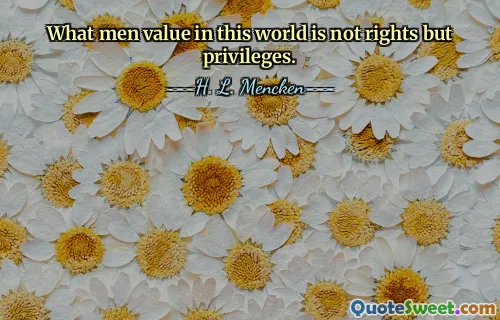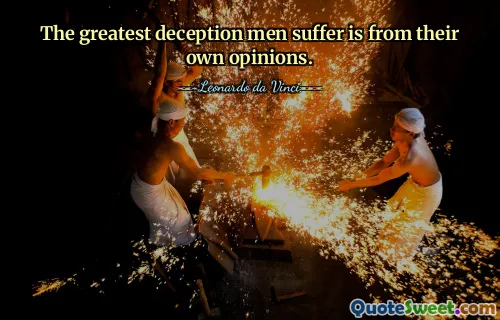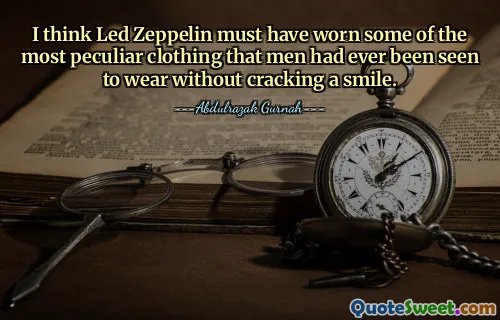I step away as I notice a group of young, angry men walking toward us. I doubt that there is any particular reason for their anger. It is the anger that most men feel these days; they are angry about their impotence and their desires and their reality. It is an anger we all feel. But it is an anger only men can freely express.
The narrator observes a group of young men approaching with visible anger, which seems to be a common sentiment among men. This anger appears to stem from a collective sense of frustration related to their lives, desires, and feelings of powerlessness. It reflects a broader societal issue where men's anger is often more accepted, leaving the narrator to contemplate the deeper reasons for this emotional state.
The author, Roxane Gay, presents this anger as a shared experience among men, suggesting it is a reaction to their circumstances rather than an individual grievance. The narrator's reflection highlights the complex nature of masculinity and the societal expectations that allow men to express their rage more openly than others. This encapsulates a poignant observation on male emotional expression in the contemporary world.





